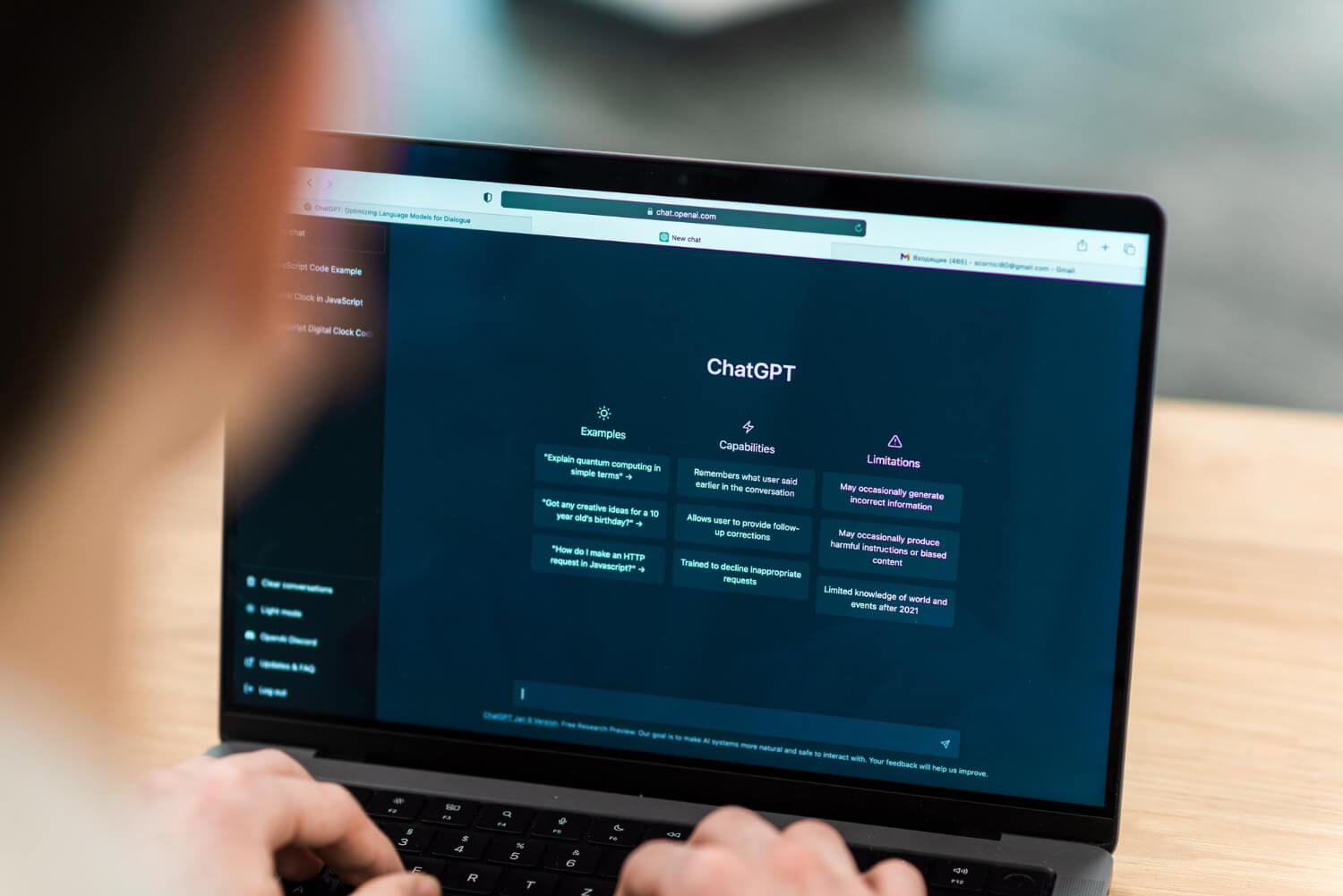In the dynamic healthcare landscape, staying abreast of the latest research, treatment protocols, and emerging medical trends is a constant challenge for medical advisors. ChatGPT is a cutting-edge technology supposed to transform the way of work. We decided to ask ChatGPT how it can support and enhance the work of a medical advisor and check the effectiveness of its help.
We asked the Chat what kind of help it could offer us. The first answer was "Instant access to information."
Following this, we asked it to collect data on the latest clinical trials on the topic of Arterial Hypertension. But all we got from ChatGPT was an apology.
Alas, СhatGPT couldn't cope with this, although it was supposed to be useful!
Now, let's imagine that we would like to make an educational application for doctors on the topic of Arterial Hypertension and ask the chat to design this application.
The design of the "Arterial Hypertension" application
1-2. Introduction and Dashboard.
- Learn Section:
a. Interactive Modules:
- Engaging modules covering pathophysiology, diagnosis, and treatment.
- Multimedia content including videos, infographics, and interactive quizzes.
b. Real-life Cases:
- Scenario-based case studies for practical application of knowledge.
- Virtual patient simulations for decision-making in hypertension management.
- Cases Section:
- Repository of real patient cases submitted by other doctors.
- Forum for discussing challenging cases and seeking advice.
- Resources:
a. Guidelines and Protocols:
- Accessible guidelines from leading health organizations.
- Updated treatment protocols for arterial hypertension.
b. Latest Research:
- Summaries of recent studies and clinical trials related to hypertension.
- Integration with PubMed for easy access to scholarly articles.
6-15. Community, Toolbox, News and Updates, Progress Tracking, Settings, Feedback, Accessibility, Security, Promotion, Continuous Updates.
By looking at this application design, would you understand that it was created by artificial intelligence? In our opinion, ChatGPT did a great job! We would make some corrections to the cases section, but overall, the chat inspired us to use different interactive tools!
Will artificial intelligence cope with the more scientific and creative task of writing a script for a 60-second video on the mechanism of action of Enalapril?
At first glance, it's not bad, although the script is executed in a fairy-tale-dreamy manner. However, when we asked artificial intelligence to write similar scenarios on the mechanism of action of other molecules, we got the same orchestral symphony.
Is ChatGPT capable of thinking like an artist? Let's ask it to come up with an illustration concept for the cover of a scientific journal on the topic CRISPR-Cas9.
Wonderful job! We also agree with the suggested overall tone: "Strive for a harmonious balance between precision and innovation, reflecting the groundbreaking nature of CRISPR-Cas9." ChatGPT is really "smart" in coming up with artistic concepts! We would recommend using this function!
According to our investigation, ChatGPT is not completely capable of replacing the work of a medical advisor, but it does provide interesting ideas and tools!







